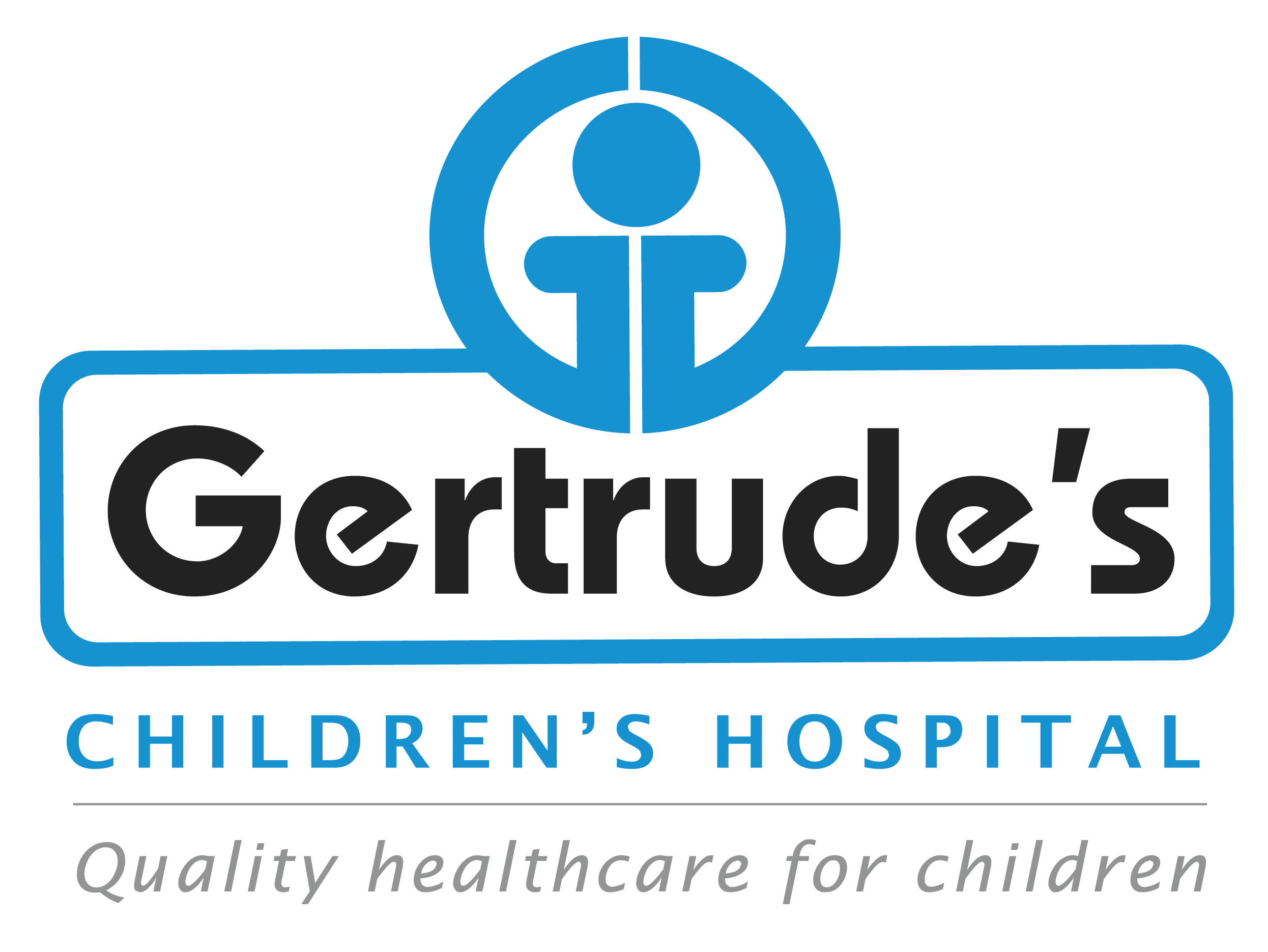Hyperthyroidism is a condition where the thyroid gland, located at the front of the neck, produces too much thyroid hormone. This gland plays a crucial role in regulating the body’s metabolism, which is how the body uses energy. In children, an overactive thyroid can lead to a range of symptoms that affect their growth, development, and overall health. Understanding hyperthyroidism in children is essential for parents, as early detection and treatment can significantly improve a child’s quality of life.
Symptoms
- Rapid Heart Rate: Your child may experience a faster-than-normal heartbeat, even when resting.
- Weight Loss: Despite a healthy appetite, your child might lose weight or struggle to gain weight as expected.
- Increased Appetite: They may feel hungry all the time and eat more than usual.
- Nervousness and Anxiety: Your child might appear unusually anxious, irritable, or restless.
- Excessive Sweating: They may sweat more than usual, even in cool conditions.
- Fatigue: Despite seeming restless or hyperactive, your child may tire easily and feel fatigued.
- Tremors: You might notice slight shaking or trembling, especially in their hands.
- Sleep Problems: Trouble falling asleep or staying asleep is common.
- Heat Intolerance: Your child may complain about being too hot, even in a comfortable environment.
Causes
- Graves’ Disease: In Graves’ disease, the body produces antibodies called thyroid-stimulating immunoglobulins (TSIs).
- Neonatal Graves’ Disease: Neonatal Graves’ disease is a rare condition affecting newborns, occurring in fewer than 1% of pediatric hyperthyroidism cases.
- Toxic Adenomas and Goiters: Rare in children, these are overactive thyroid nodules that produce excess thyroid hormone.
- McCune-Albright Syndrome: This rare condition causes hyperthyroidism along with other symptoms like fibrous bone growth and skin pigmentation.
- Thyroiditis: This condition often follows infections, autoimmune conditions, radiation exposure or certain medication
Diagnosis
- Medical History and Physical Exam: The doctor will ask about your child’s symptoms and perform a physical examination, checking for signs of hyperthyroidism.
- Blood Tests: Blood tests are essential to measure levels of thyroid hormones (T3 and T4) and Thyroid Stimulating Hormone (TSH).
- Thyroid Scan: scans using technetium 99m (99mTc) or iodine 123 (123I) can be helpful if the thyroid glands texture is uneven or if the cause of the thyroid issue is not clear.
- Ultrasound: An ultrasound can provide detailed images of the thyroid gland, helping to detect nodules or enlargement.
Treatment Options
- Antithyroid Medications: These help to control the overproduction of thyroid hormones. This option is considered safe, as long as the child or teen is ready to stick with the treatment for a longer period.
- Radioiodine Ablation: This involves using radioactive iodine to shrink the thyroid gland.
- Thyroidectomy: This is a surgical procedure to remove part or all of the thyroid gland.
Why Choose Us
Expert team
Our dermatologists and pediatric specialists have extensive experience in treating alopecia areata in children.
Personalized care
We create treatment plans that fit each child’s unique needs
Support and education
We teach children and families how to care for their skin and prevent future breakouts
Advanced treatments
Access to the latest acne treatments and skincare products
Frequently Asked Questions
Q: What causes gynecomastia in boys?
A: Gynecomastia in boys is most commonly caused by hormonal changes during puberty, where there is an imbalance between estrogen and testosterone. Other causes include certain medications, health conditions, and, less commonly, genetic factors or tumors.
Q: Is gynecomastia in boys permanent?
A: In most cases, gynecomastia in boys is temporary and resolves on its own as hormone levels stabilize. However, if the condition persists or is caused by an underlying health issue, treatment may be necessary.
Q: How is gynecomastia treated?
A: Treatment depends on the cause and severity of the condition. Often, no treatment is needed, and the condition resolves on its own. In some cases, medication adjustments, hormone therapy, or surgery may be recommended.
Contact
Please feel free to contact us with any general or medical enquiry by calling us.





